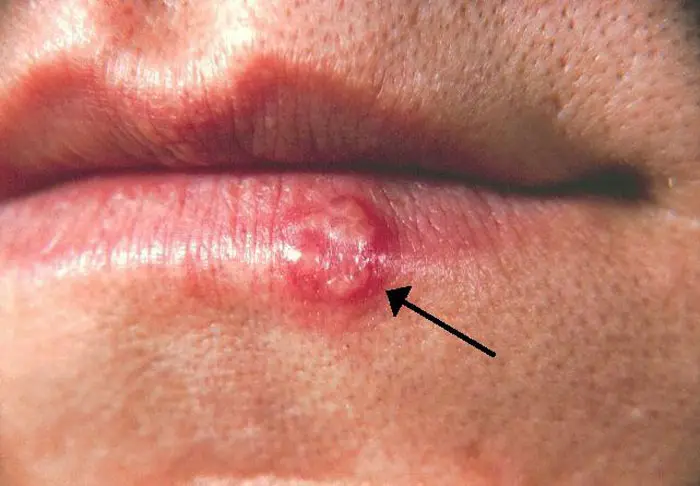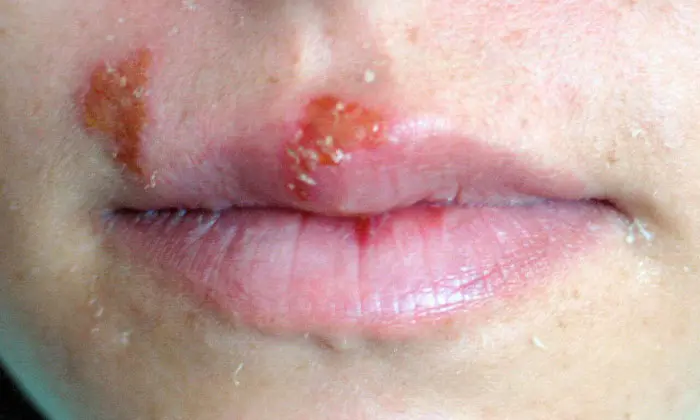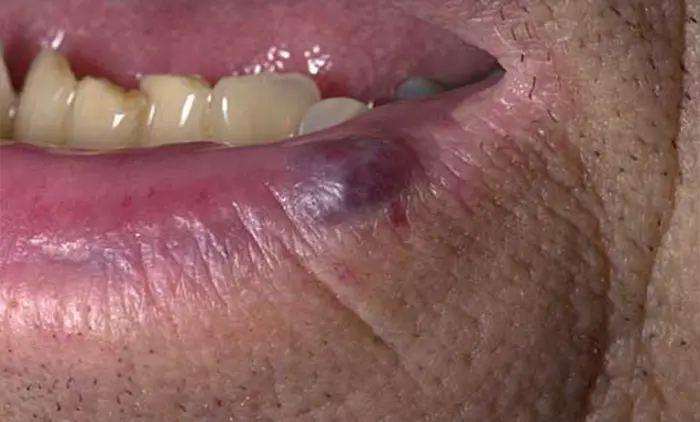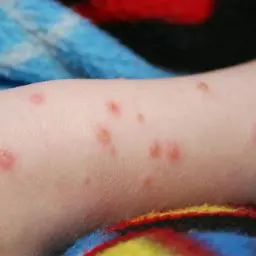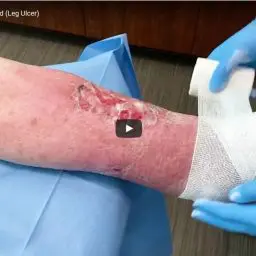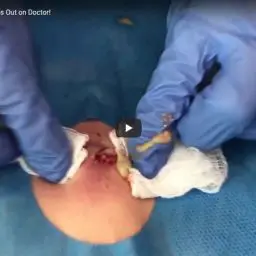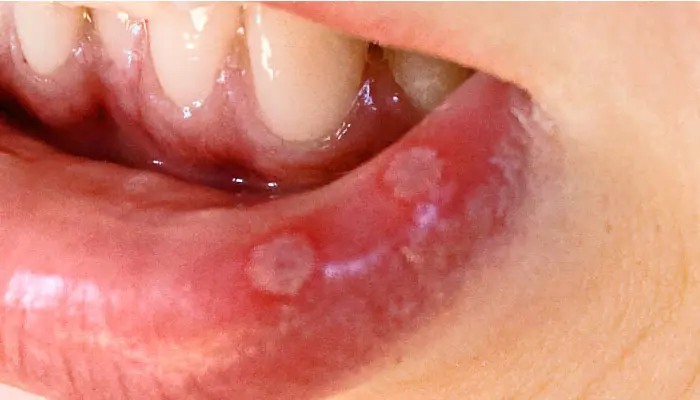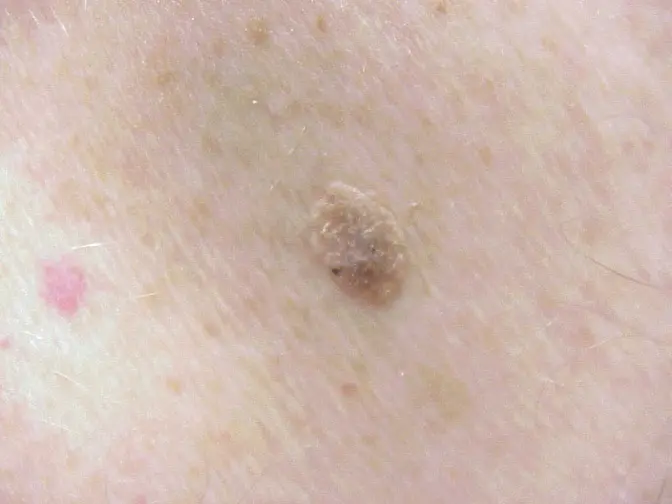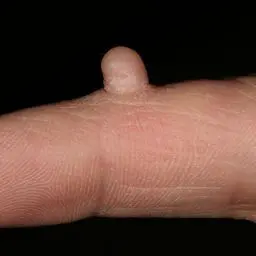Herpes Simplex
Skin Conditions
The herpes simplex virus, commonly known simply as herpes, is a viral infection of the skin. There are two types of herpes viruses – HSV-1 is most common in oral infections (cold sores) and is usually contracted during childhood while HSV-2 is most common on the genitals and is typically transmitted sexually. However, herpes infections are not limited to this area and may also infect the fingers (herpetic whitlow), eyes, and central nervous system. This virus is very contagious and is passed through contact with contaminated bodily fluids.
Herpes Simplex
Skin Conditions
The herpes simplex virus, commonly known simply as herpes, is a viral infection of the skin. There are two types of herpes viruses – HSV-1 is most common in oral infections (cold sores) and is usually contracted during childhood while HSV-2 is most common on the genitals and is typically transmitted sexually. However, herpes infections are not limited to this area and may also infect the fingers (herpetic whitlow), eyes, and central nervous system. This virus is very contagious and is passed through contact with contaminated bodily fluids.
This infection initially presents as an outbreak of blisters that may break open and form ulcers which heal in 2-4 weeks. The virus then enters a latent stage in which no symptoms are present but may still be transmissible, though it is most contagious during its active outbreaks. The virus may be reactivated by stress, trauma, hormonal changes, sun exposure, or decreased immune function. Outbreaks may be foreshadowed by light nerve pain in the infected region. During its latent stage this virus travels along sensory nerves to the nerve cell bodies where they will remain lifelong. This latent infection is what causes herpes zoster (shingles) later in life. Over time outbreaks will decrease in frequency and severity.
There is no cure for herpes, but treatment through oral or topical anti-viral medications such as acyclovir can help reduce the frequency, length, and severity of outbreaks and can help reduce chances of spreading the infection. It is important to note that many individuals will have little to no symptoms even during their initial infection and may not know they are infected. The use of condoms and anti-viral therapy reduce chances of transmission. If you believe you have herpes contact your physician and/or get tested – many clinics offer free STD tests and resources for infected individuals.


